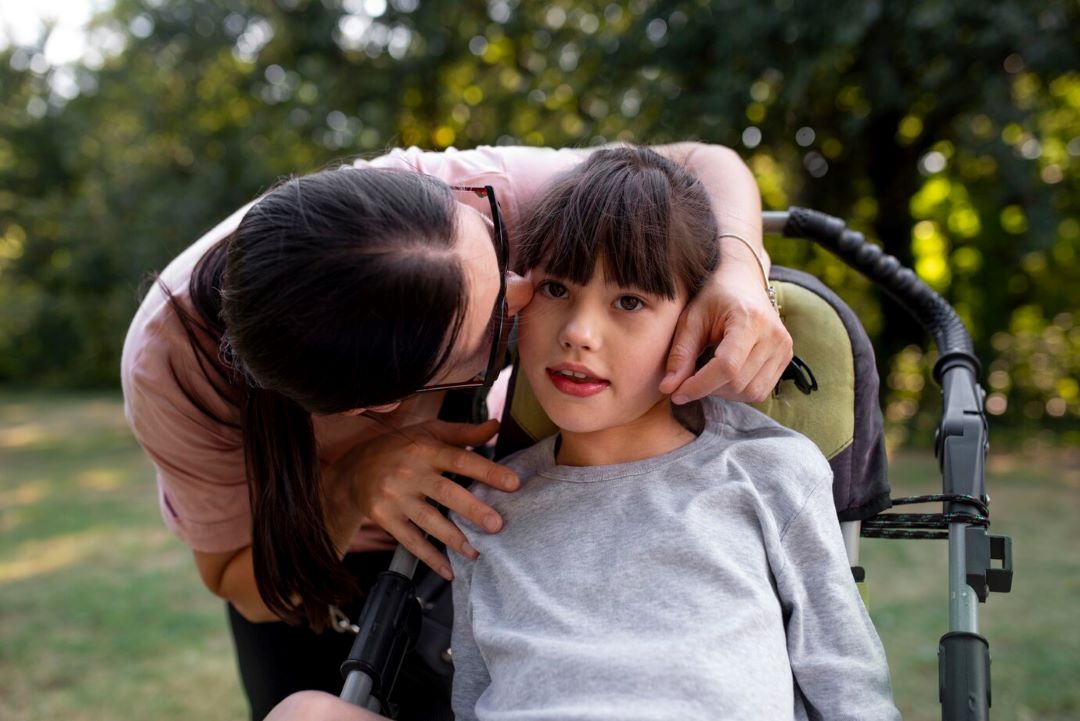How long do you spend looking at social media, generally, in hours, days, or weeks?
Sure, your phone tracks your app usage for you and will gladly remind you of the minutes lost to social media if you desire, but if you can’t keep track of how much time you spend on these social networking sites, how will you manage your children’s usage?
Social media is an amazing luxury in our modern world. Whether you’re a parent who remembers listening to the dial-up modem and crafting the perfect “away message” on AIM or you’re such a young parent that you hardly remember Myspace, you cannot deny how lucky we are to live at a time in which we can connect with those we love and admire from the palm of our hands in a matter of seconds.
Social media is also an environment that we’ve only begun to understand the dangers of. We can control many elements of our children’s lives, including where they wander and who they interact with in the real world.
But how do we keep our kids safe on social media?
How to Keep Kids off of Social Media
The short answer is that we can’t. The internet is more accessible than ever and even the best of kids will be tempted to follow their friends on the latest social media platform. One survey from the American Academy of Child and Adolescent Psychiatry found that 90 per cent of teens aged 13 to 17 have used social media.
Though they might not avoid social media, we as responsible adults should make an effort to educate our children about social media’s impact on their mental health and society as a whole.
5 Ways to Keep Your Kids Aware of Social Media
#1: Understanding Must Go Both Ways
As much as we think “parents know best,” the fact is that we will never understand what it’s like to grow up in this generation. We may understand the dangers social media presents, but we must acknowledge that we don’t understand how social media platforms are impacting our children’s lives and experiences on a daily basis. When a child says they “need” social media, they may not be exaggerating. Being offline can make a child feel ostracised from their peers, which is the last thing a child transitioning into their teen years should feel.
#2: Facts Require Real-World Evidence
We can lecture our children about the harms of social media every day and all of the legitimate data in the world might not change their minds. However, we can introduce them to these hazards through real-life examples. Ask your community resource centre or school district if any individuals suffering from social media addiction or social media bullying would be willing to speak to your child about the dark side of their socials.
#3: Find Alternative Social Media Activities
Social media is designed to keep our attention for as long as possible. Like a drug, it makes us feel like we’re experiencing positive emotions while in reality it’s creating stress and anxiety. If your child is using social media to fight boredom, sadness, or discontent, help them get engaged with an activity that has a true positive catharsis. It could be a physical activity like exercise or a sport; it could be simple like playing a boardgame or doing a creative activity while listening to soothing music. If the activity encourages your child to put their phone down, interact with their surroundings, and process their emotions in a healthy way, then it can have an immense impact on their mental health.
#4: Lead by Example
Ultimately, our children look to us for direction. Whether they (or we) acknowledge it consciously or not, every minute we spend on social media around them is a subtle form of encouragement for them to do the same. Limit your social media usage around your children by making deliberate decisions. Tell your child that you’re putting your phone in the other room because you want to provide them with all of your attention. Talk about how much you have and haven’t used social media throughout the day, asking your child if they believe you’re on your phone too much. You may be surprised at just how much your positive changes can influence their behaviour.
Social media will remain a powerful influence in our children’s lives for the foreseeable future. By proactively helping them understand how impactful social media platforms are in their daily lives, we can open up a dialog and encourage them to make choices that benefit their mental health without disrupting their social lives.
Nick Dauk |Contributing Writer








